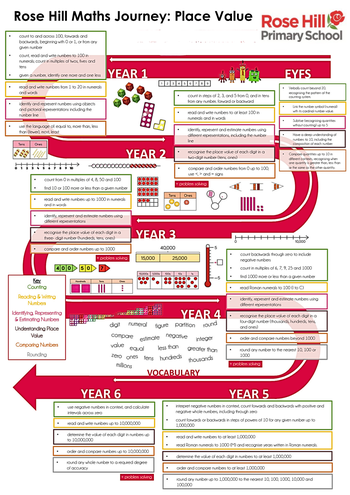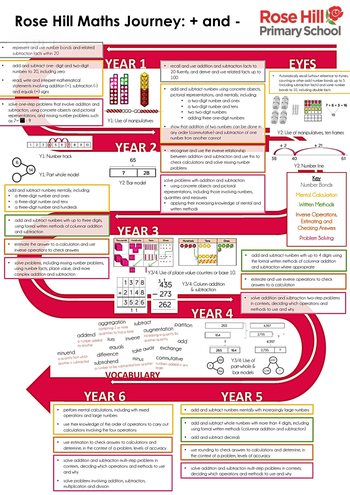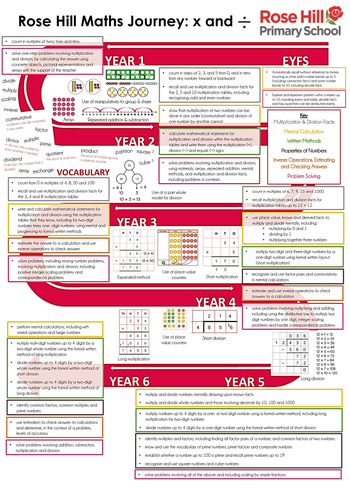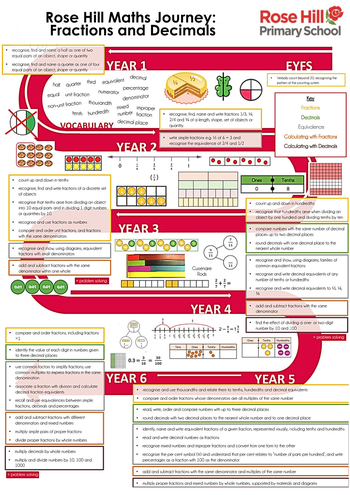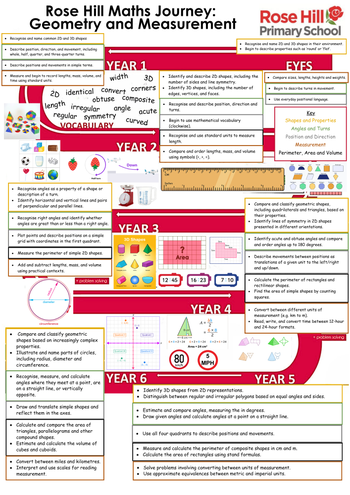Maths
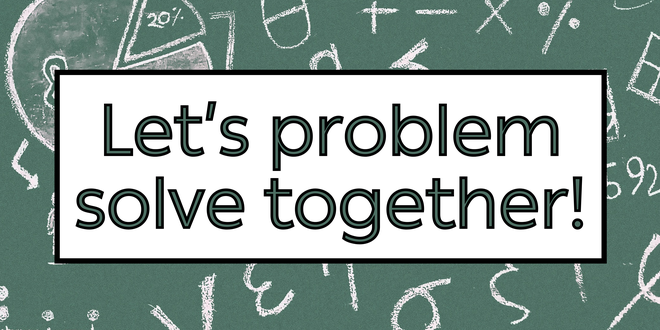
"Maths was something that I always found hard, but I realised that if I kept trying and focused on learning from each mistake, not only did I get better at Maths, but I began to love Maths too!" - Year 6 pupil 23/24
Intent
Maths is both useful and beautiful. It is used in cooking, medicine, sports, trades, budgeting, map reading and many other areas and includes skills that we take for granted such as telling the time, measuring and saving and spending money, but it is also full of patterns, symmetry and fascinating relationships that are used to understand and explain the world. However, all too often, children (and adults) experience it as a chore or something to fear. At Rose Hill, our aim is for children to enjoy maths as well as to develop the factual and conceptual fluency needed and the problem-solving skills, resilience, stamina and confidence to negotiate situations in everyday life and work.
Implementation
Maths is taught using our interpretation of the mastery approach which aims for children to acquire a deep, lasting and flexible understanding of the subject such that they can apply it in a range of situations.
- We follow the White Rose Programme of Study but adapt this to ensure the Ready to Progress criteria are explicitly taught and understood; o mental methods and flexibility are explicitly taught and encouraged.
- Learning is broken down into small steps taught sequentially to build deep understanding manageably
- Children are taught in mixed ability groups. Challenge is provided through reasoning and problem-solving contexts; support is provided through concrete manipulatives and teacher led gap fill to address any misconceptions before moving on.
- Concepts are presented in a variety of ways and representations to expose the mathematical structure and make learning more transferable to other contexts.
- Stem sentences provide a scaffold to develop children’s ability to articulate their maths and embed processes.
- Daily retrieval practice gives children practice in skills already taught and in choosing which skills are required to solve problems.
- Quick factual recall is developed through explicit class teaching and practice as well as independent practise using TT Rockstars and Numbots.
Impact
- Children enjoy maths and feel confident to attempt questions independently.
- Children have fluent and quick recall of times tables and other number facts which supports calculating and solving problems with larger numbers, fractions and decimals.
- Children remember concepts taught previously and can move between different procedures away from the point of teaching.
- Children can apply their maths to questions presented in a variety of ways.
- Children can explain how they are tackling problems and the methods they are using.
- All children make progress from their own starting point.
- Children relish the challenge of being stuck and trying different approaches to problems.
What we teach in maths
The National Curriculum splits maths into three important strands which need to be taught alongside one another:
Fluency: automatic recall of key facts and a deep sense of the rules and size of numbers in order to manipulate them to make calculation and problem solving easier
Reasoning: spotting patterns, making conjectures and generalisations, explaining and developing proof of answers and generalisations
Problem solving: applying mathematical skills to a variety of problems, breaking them into smaller steps and persevering to seek solutions
At Rose Hill, we use the White Rose scheme of work to ensure these strands are taught across a range of mathematical knowledge including number, calculation, fractions, geometry, measure and statistics.
We adapt these plans to ensure that we prioritise the skills and key concepts identified by the DfE as essential for children to be able to understand future mathematical material.
These are known as the ready to progress criteria and have mapped this out across the school through our Rose Hill Maths Journeys from EYFS to Year 6.
